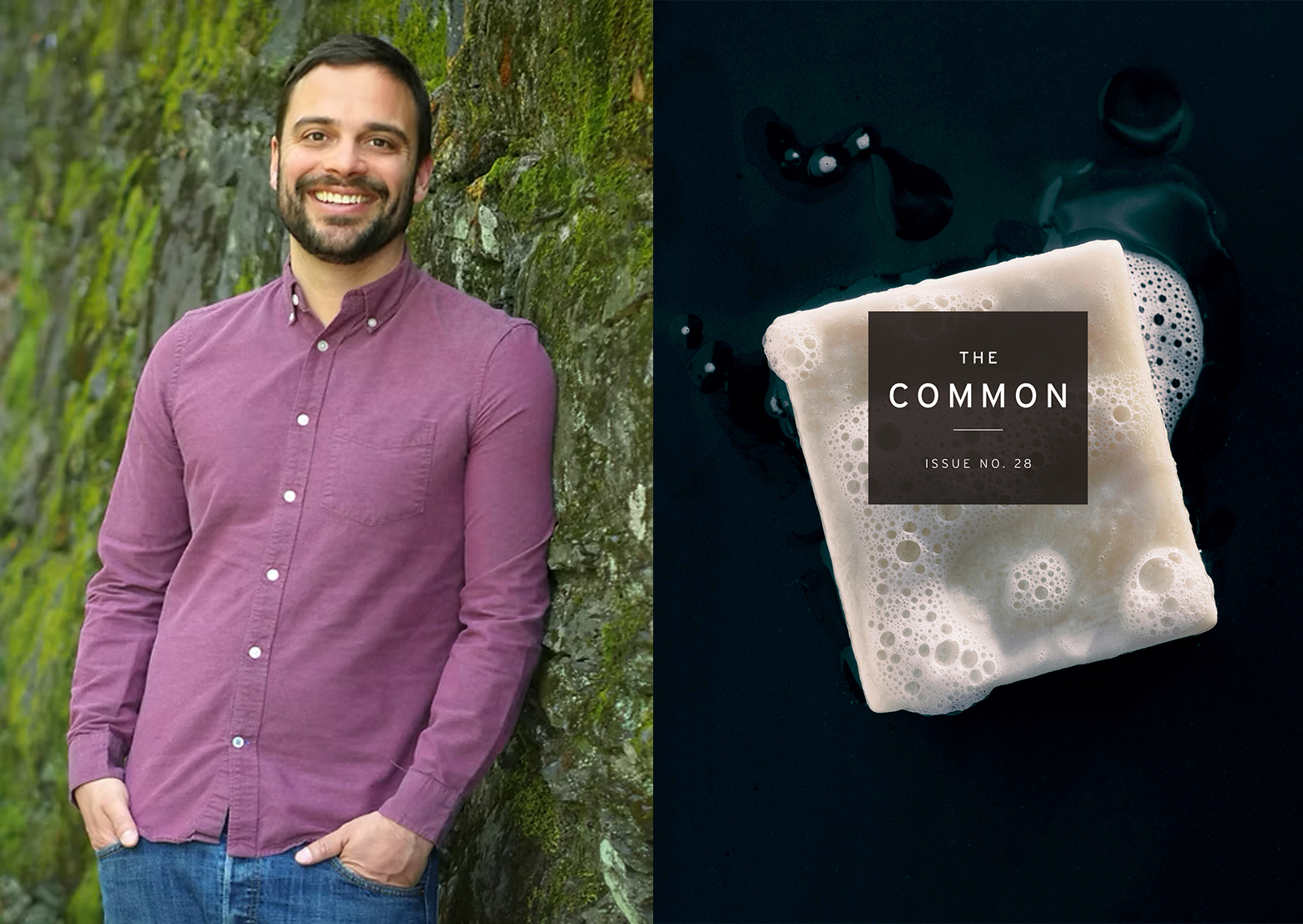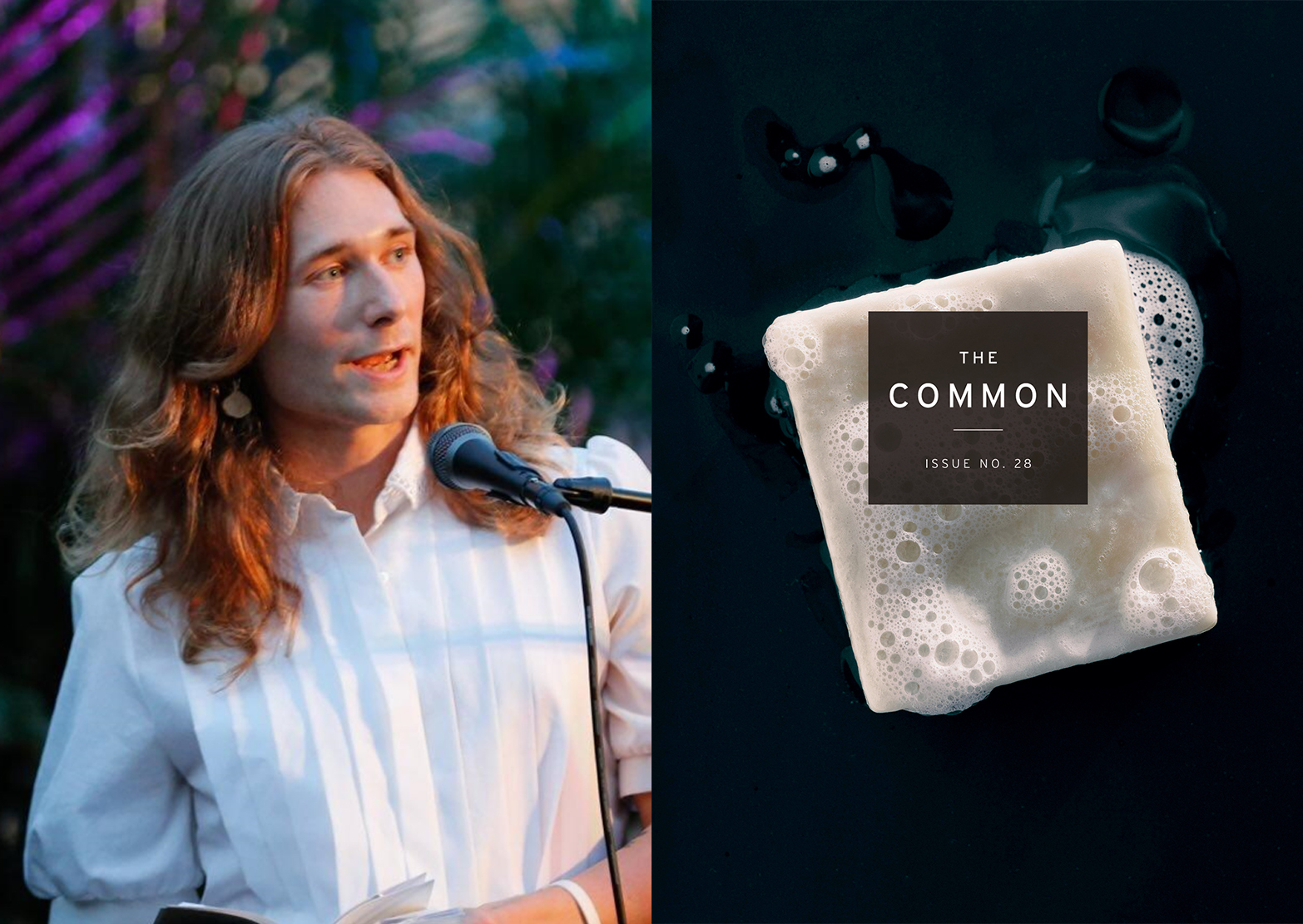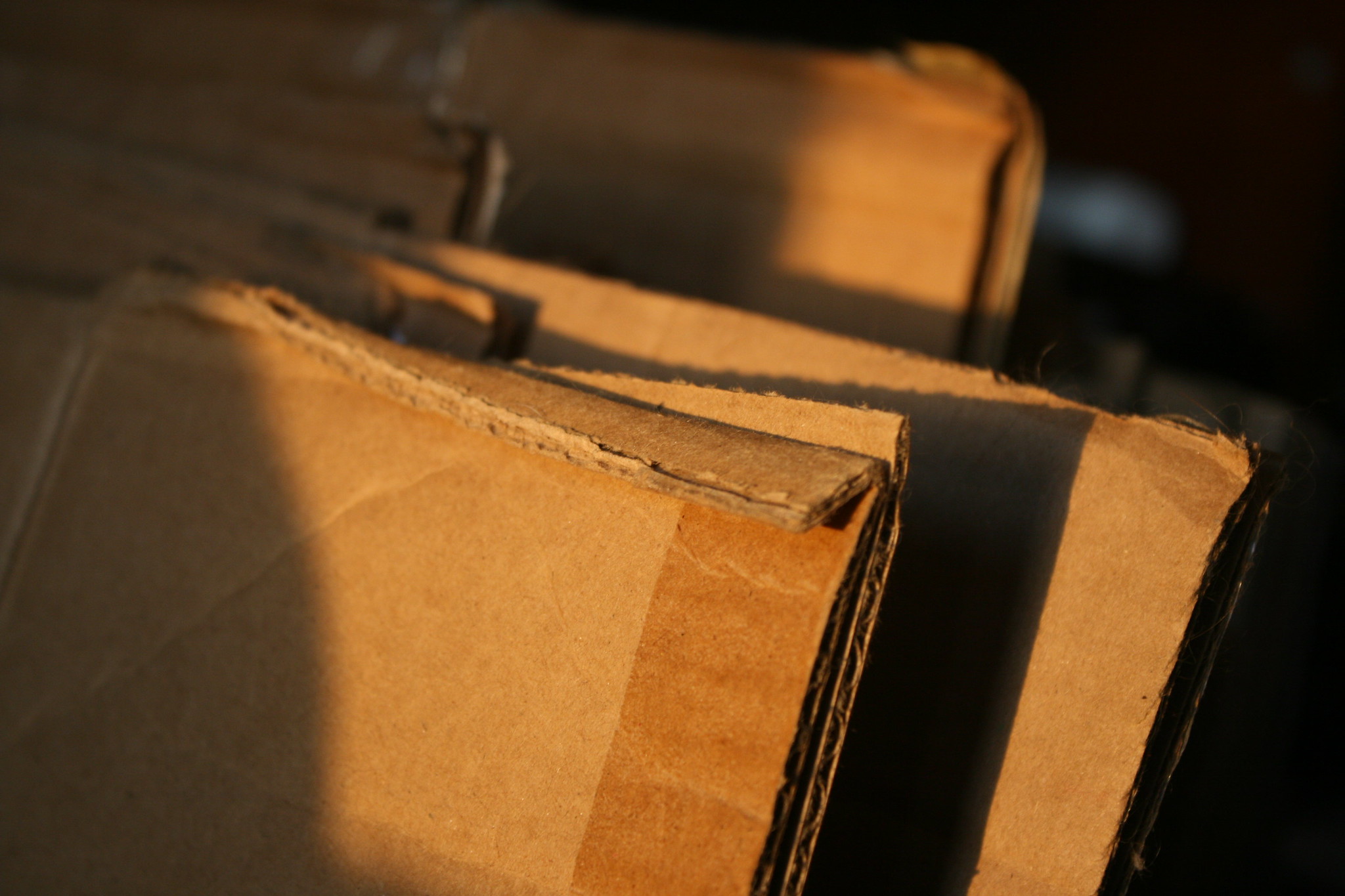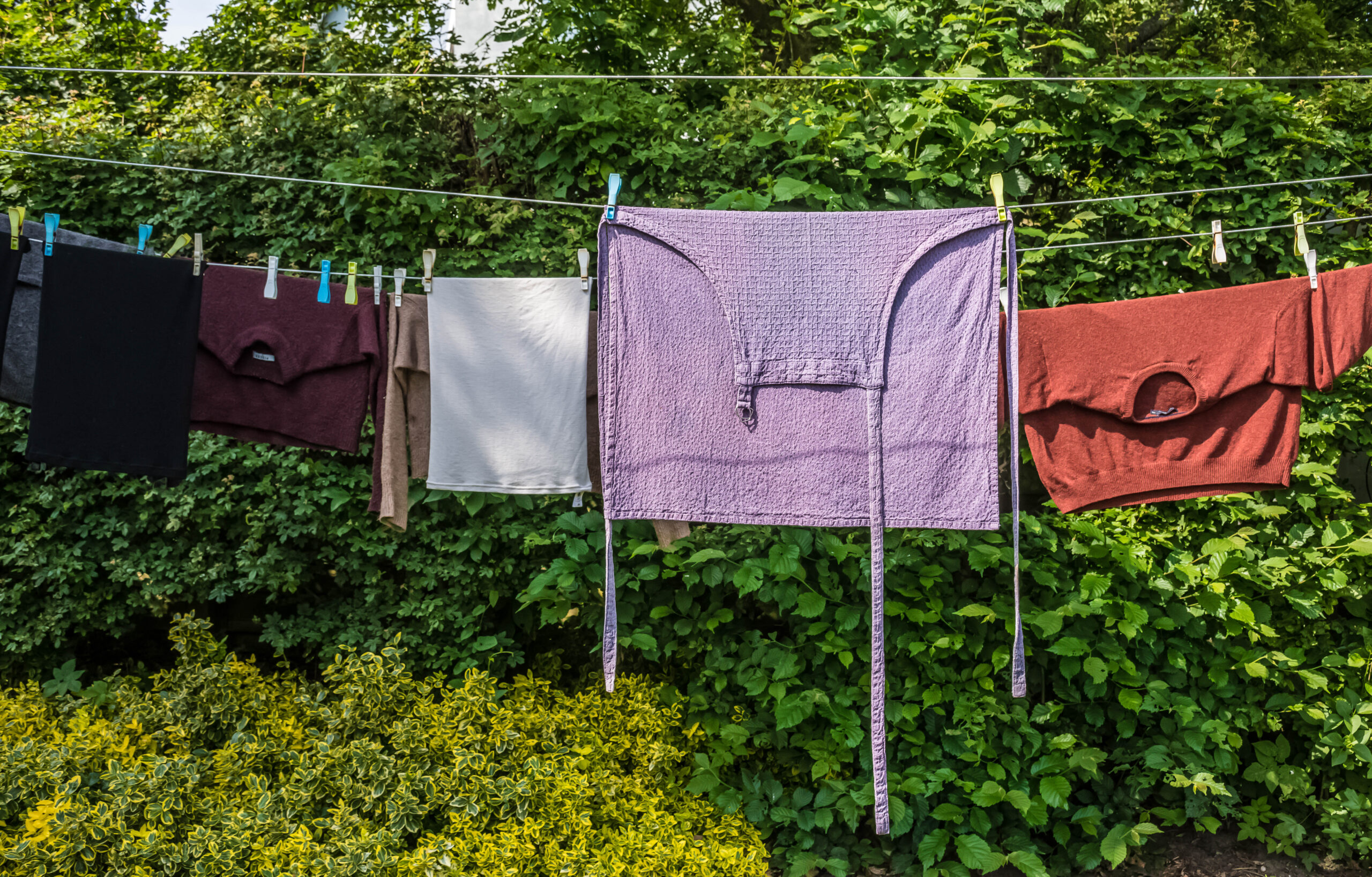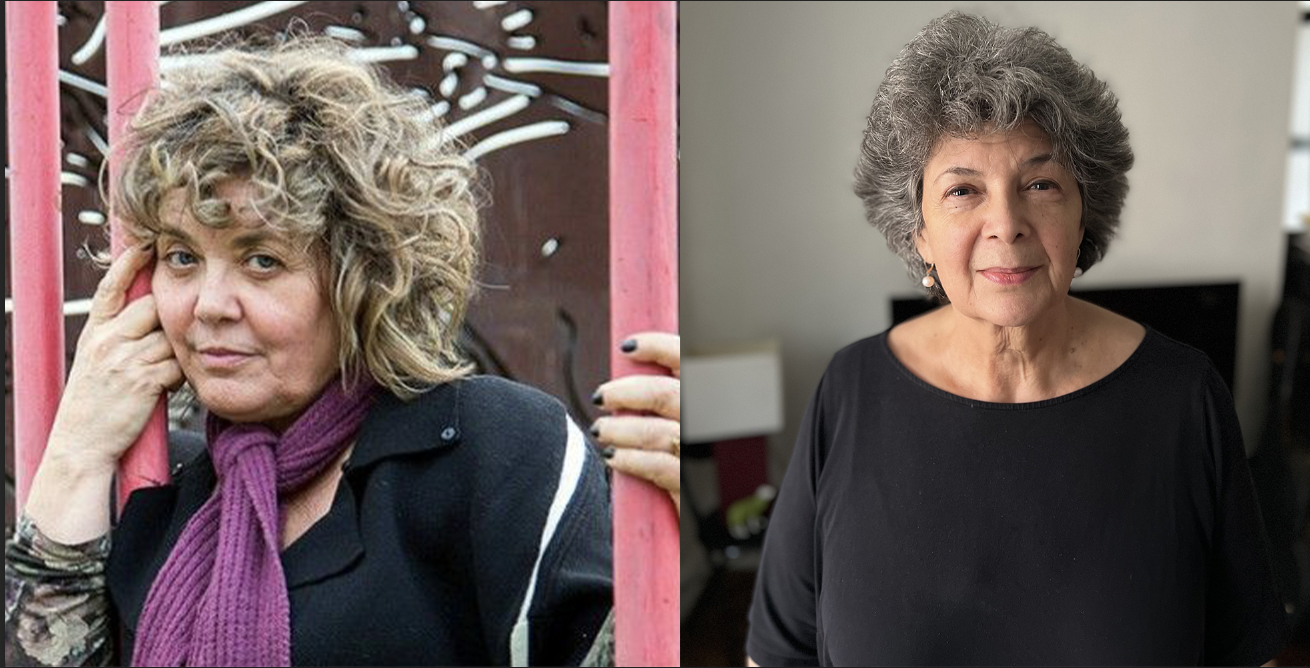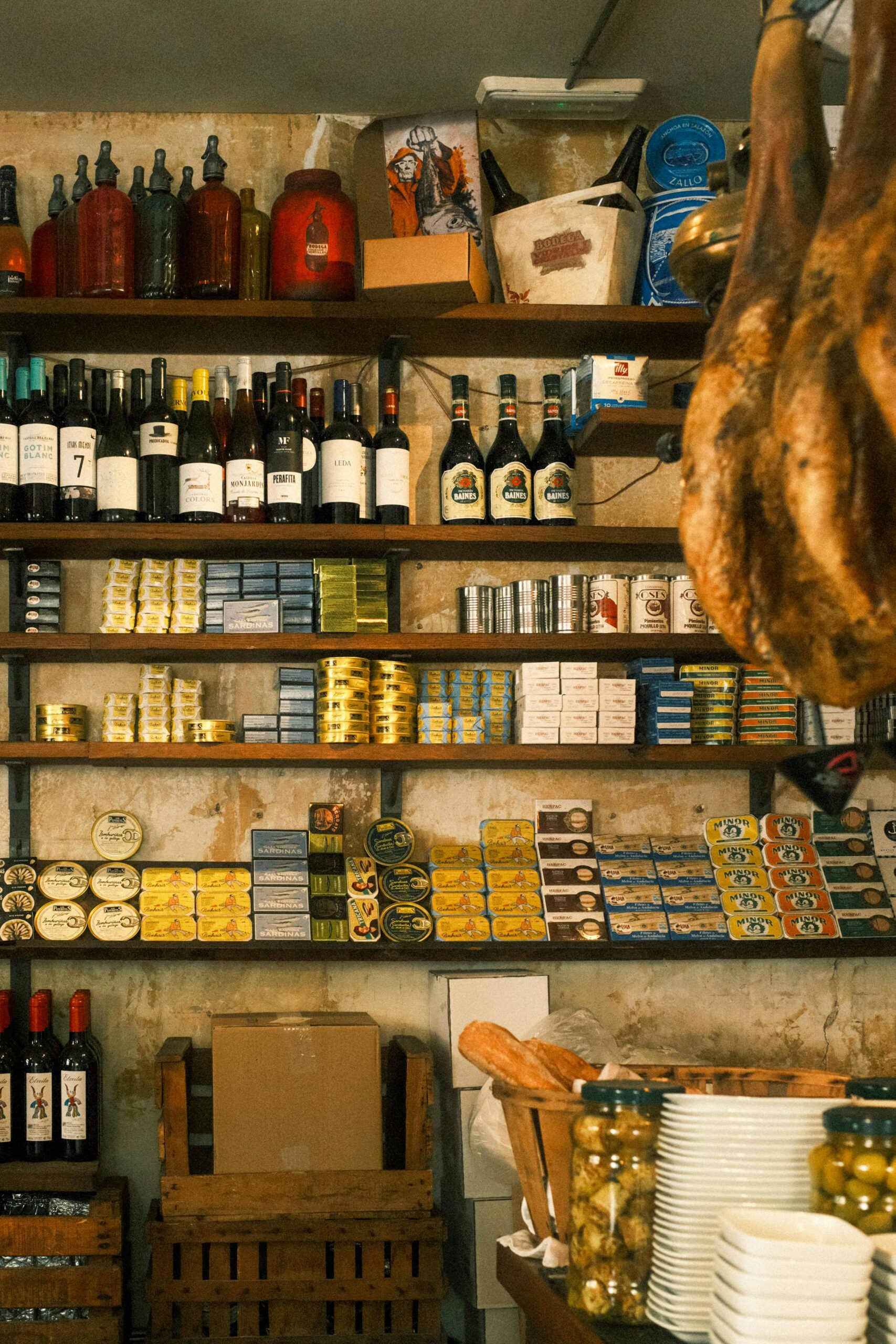Transcript: Michael David Lukas
Michael David Lukas speaks to managing editor Emily Everett about his essay “More to the Story,” which appears in The Common’s fall issue. Michael talks about his writing process for the essay, which began when a dark family mystery moved him to research a side of his family he’d never learned much about. He also discusses the revision stages of the piece, which included adding in details of the other side of the family—his mother’s parents—who were Holocaust survivors. We also talk about his time as a nightshift proofreader in Tel Aviv, and the new novel project he’s working on now.

